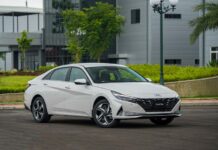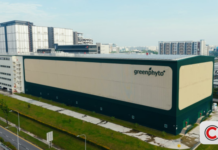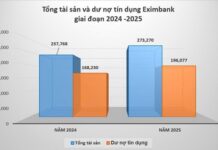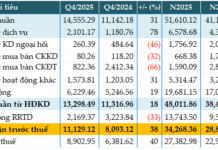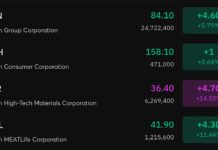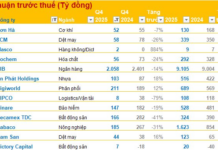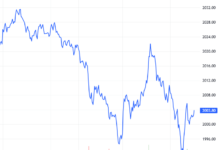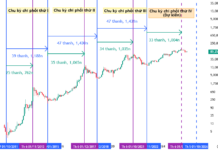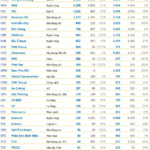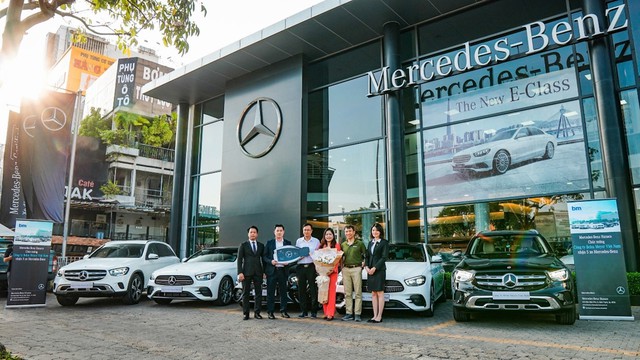
Haxaco Joint Stock Company – HAX will hold its annual general meeting in 2024 on March 23 at Dien Bien Phu Street, Binh Thanh District, Ho Chi Minh City. According to the meeting documents, Haxaco targets to achieve a consolidated profit before tax of VND 200 billion, 4.2 times higher than the previous year’s low level (VND 48 billion).
According to Haxaco’s management, with the constantly changing market economic situation, the company proactively sets flexible plans regarding competition, prices, and discount policies to maintain its market share. At the same time, the company will closely monitor macroeconomic impacts to stabilize production and business activities.
In terms of the 2024 business direction, Haxaco will continue to expand its vehicle business, research a diversified product portfolio, and establish long-term strategic direction. Especially, the company will expand its distribution of MG brand automobiles and participate in the electric vehicle segment with Mercedez-Benz and VinFast.

Regarding the profit distribution plan, Haxaco plans to propose to shareholders a cash dividend distribution scheme and stock bonus for existing shareholders with a total ratio of 18%. Specifically, the company will distribute cash dividends at a ratio of 3% (VND 300 per share),
In addition, the company will issue stock bonuses to existing shareholders at a ratio of 15%, meaning every 100 shares will receive an additional 15 new shares. The funds used for issuance are the undistributed after-tax profits and surplus of share capital. The total number of additional shares expected to be issued is 14 million shares in Q2/2024 and Q3/2024, thereby increasing the charter capital to VND 1,074 billion.
Looking back at 2023, Mercedes-Benz Vietnam Distribution Unit witnessed a poor performance, with revenue decreasing by 41% to VND 3,982 billion, the lowest level from 2018 until now. Pre-tax profit plummeted by 84% to VND 48 billion, only 15% of the 2023 plan.
Last year, the company distributed 1,099 vehicles, a sharp decrease compared to 2022, indicating a fiercely competitive auto market. The economic recession and tightened spending by consumers were the main reasons for the significant decline in car sales.

